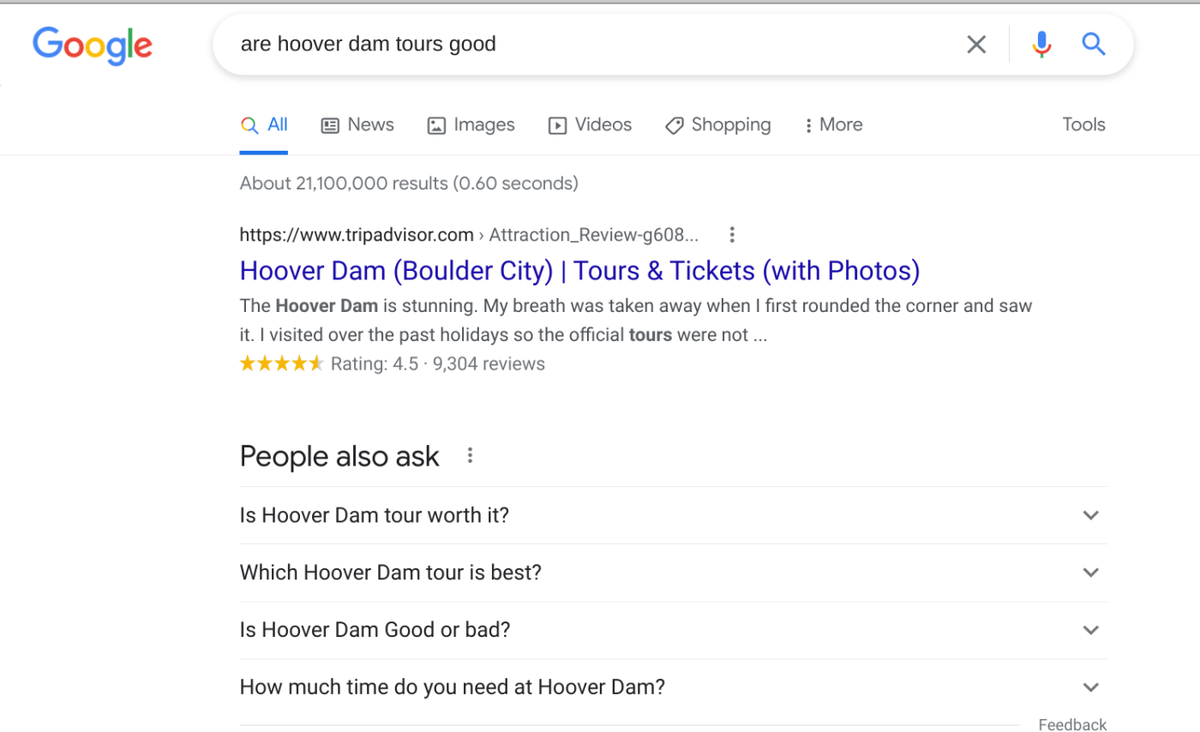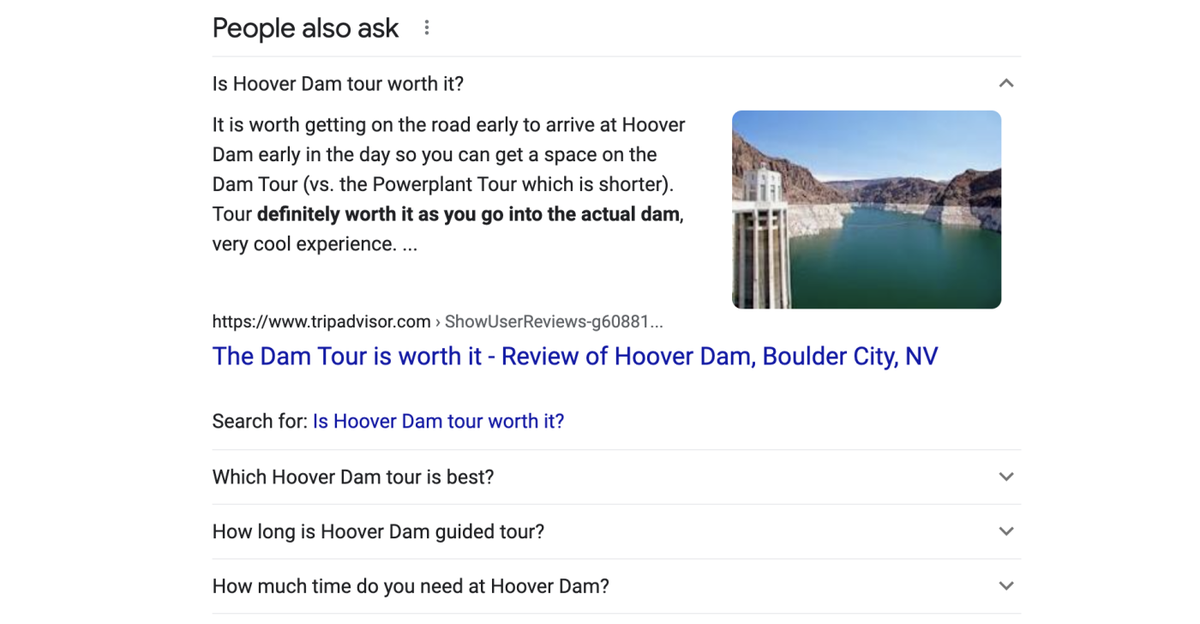How To Find Low-Competition Keywords That Drive Traffic?
How To Find Low-Competition Keywords That Drive Traffic?

You may already be familiar with the fundamentals of keyword research. When looking for competitive keywords, you are simply identifying each keyword or keyword phrase that you want to pursue in an article that targets certain Google SERPs or a target demographic. But what if you’re looking for keywords that are very simple to rank for? Focused keywords with less rivalry, and for which you are more sure in ranking and generating traffic? These are referred to be low competition keywords.
If there’s anything that the majority of individuals get incorrect with SEO, it has to be thorough keyword research and application. Even individuals who believe themselves skilled SEO professionals are yet conducting keyword research with tools and software that do not aid in the development of a comprehensive content marketing strategy. For instance, there is still main keyword research conducted in Google Keyword Planner, where your competition frames of reference are “high, medium, or low.” These parameters are just insufficient to help you design your content advertising plan, particularly given how important link development is to performance. Keyword research must uncover chances for ranking with a plan that is linked with the potential of your site to rank for them.
Rather than targeting high-volume keywords or themes, we should target keywords and subjects for which we have a good probability of ranking, making the greatest use of our energy and SEO efforts. Imagine if there was a technique to ensure that the material you publish ranks with minimal or no inbound marketing effort. A method that depended solely on extremely methodical keyword research to identify subjects, categories, and long-tail keywords that might be utilised to develop powerful strategies for content marketing and deliver massive traffic to the material you created.
Let’s explore how low-competition SEO keywords play a tremendous role in driving traffic to a website.
Implementing Google Research Bar To Gather SEO Keywords
The finest way of keyword research is also the simplest: using the Google search bar and trial and error. Simply sitting with your laptop and an internet connection will bring you better results than talking to SEO experts and creating meticulous strategies. The idea is to locate low-competition keywords that are related to the product or webpage that you may promote at the time. When you’ll locate them, make blog entries about them and include links to the targeted pages in the blog posts. As a result, we position ourselves as subject matter experts and direct visitors from our blog entries to our commercial sites.
For example, let’s say that you search for something on Google and your search results consist of public forums like Quora, TripAdvisor, Reddit etc. This is quite beneficial to businesses that are trying to compete using certain keywords, but if you see forums resulting on top of the search page, that means there is not much competition for those keywords and you can take advantage of that situation by implementing SEO tactics for those keywords as long as you are confident that there is an audience for the keyword. Because if not, then there is no point in optimizing your content for useless keywords.

In the image above, we see that the searched keywords are “are hoover dam tours good,” which sounds like a keyword that could become popular during a certain season, or even all year round, depending on Hoover Dam’s tourism. The first search result that we get on Google is from TripAdvisor, which is a public forum, meaning that there aren’t many search engine optimized articles or blogs on the internet for say, the keyword “Hoover Dam Tour.”
The top search result on Google for these particular keywords also lack certain terms in its headline, like “are” and “good.” That’s even better. That informs me that a title that matches perfectly with the search query has a decent chance of coming to the top. The best strategy would be to produce a blog article with the identical title: “Are Hoover Dam Tours Good?” This will have a great probability of reaching the first page of Google, if not the top spot.
Yes, it is that easy as it’s mostly about the right opportunity and the right time of writing the article. If you’re the first one to write on Hoover Dam Tours, then you are also most likely to be the most popular article on the topic.
Top 2 Browser Extensions To Find Low-Competition SEO Keywords
Keywords Everywhere

To utilise live SEO keyword research, you’ll require no more than two plugins. The first one you want is named Keywords Everywhere. When you visit their website, you’ll see at the top that “Keywords Everywhere is a paid tool.” This was not the case until around two weeks ago. It was formerly free! When the public originally heard this news they freaked out.
However, if you look at the cost, you’ll notice that $10 provides you with 100,000 credits. You have no idea what credits are right now, but 1 credit provides you with information on 1 possible keyword. So, if you have 100,000 credits and 30 keywords for each search, $10 will get you more than 3,000 searches. That is a large number of keyword targets! So, yeah, this utility is now a paid product, but it is quite inexpensive.
Mozbar (Extension for Google Chrome)

MozBar is the next Browser extension you’ll need to install. This one is entirely free. Simply click the download button and install it. Here’s a handy link to install Mozbar.
MozBar provides quick stats when you are reading any page or SERP. With Mozbar you can:
- Customize your search by engine, nation, area, or city.
- Quickly determine a site’s or page’s Page Authority and Domain Authority.
- While browsing any SERP, you may access and evaluate link metrics across sites.
- Find and highlight terms on a page, then categorise links as Followed, No-Followed, External, or Internal.
- Page components, general properties, markup, and HTTP status are all displayed.
- Export the information of your search engine results page (SERP) report to a CSV file.
But How Low Should You Go? Don’t Find Too Low-Competition Keywords
When looking for low-competition keywords, bear in mind that merely being a low-competition keyword isn’t sufficient to evaluate if it’s the perfect keyword for your purposes. How low to go while searching for low- competition search terms? It is lesser about determining what the lower threshold should be for low-competition keywords and more focused on determining whether those keywords will succeed. Is there a high amount of searches? Will those conversions work if you can rank for them? These are important questions you must answer before you start creating your SEO strategy targeting low-competition SEO search terms.
Testing is occasionally the only way to discover this. At times, you might use keyword tools to predict your sales and earnings from easy market terms. Once you’ve compiled a list of low-competition terms, take the time to evaluate or verify them before completely scaling them. You can determine whether low-competition keywords are actually low-competition since they don’t function well and which are valuable keywords with little research. The valuable keywords are the ones you want to pursue further.
Utilize Google’s “People Also Ask” Section To Find Keywords

Going back to our Hoover Dam Tours example, when you search those keywords and scroll down, you will see the ‘People also ask’ section of Google, which should be explored thoroughly. When you click on any one of those questions, you will see that a few more questions load up; read those too and find keywords. After a while, you will notice that no questions consisting of not many related keywords as yours start to appear. This is the stop signal, which means now you should use another search query and start the entire process again. How many search queries you can work with is totally up to you. After a while, the search results become repetitive and irrelevant and most SEO practitioners stop at that. This would be around 5-7 search queries. It’s a meticulous task, but it’s worth the effort.
By reading the answers to the related questions from your keywords, you get exposed to various keywords that are already in use that you can compete for. You will find similar keywords if you use YoastSEO or any other similar SEO plugin in WordPress to publish your articles.
Verdict: How Real Is The High-Volume & Low-Competition Game?
The power to push visitors to big volume, smaller market keywords is extremely true. It is an excellent tactic for startups, new blogs, zero-domain authority websites, and sites just looking to increase traffic. The study is actually pretty straightforward and can be carried out in a matter of minutes with a little experience. While we never rule out link development as a target, it is good to see traffic benefits without having to invest a lot of time and money in link building.
